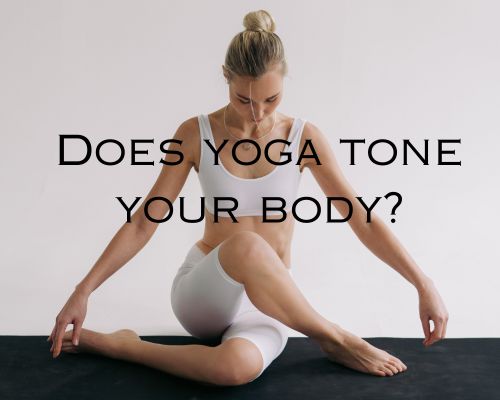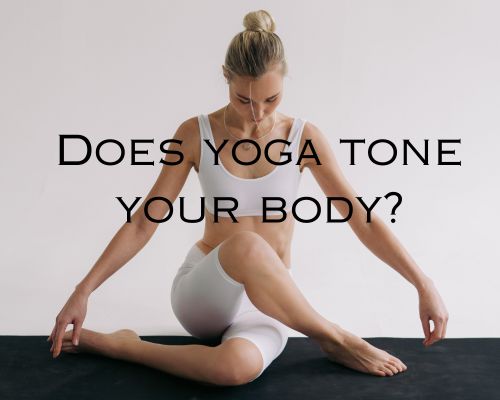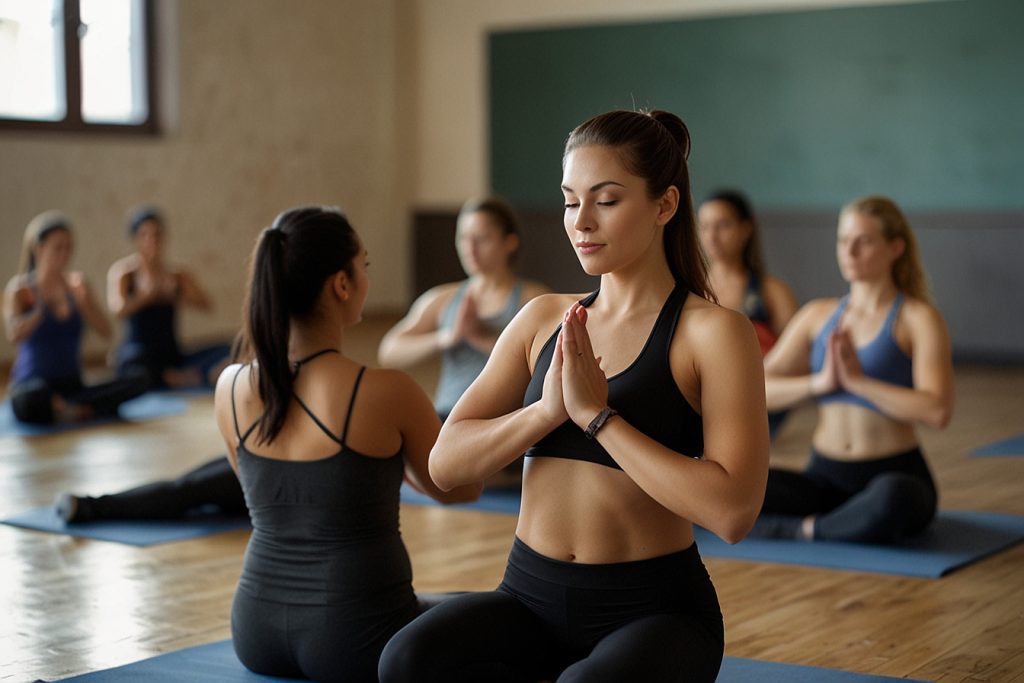In Mornington, Australia—a coastal town known for its wellness culture and spiritual diversity—the question “Are Christians allowed to do yoga?” is more than just theoretical. It’s personal. With yoga classes offered in boutique studios across Main Street and spiritual retreats taking place along the Mornington Peninsula, it’s natural for local Christians to wonder: Can I do yoga and stay true to my faith?

With Bikram Yoga Mornington, we will explore the theological, cultural, and physical dimensions of this question. It will address common concerns, present viewpoints from Christian thought leaders, and consider how yoga is practiced in Mornington today. By the end, you’ll have a nuanced, insightful answer—rooted in spiritual integrity and local relevance.
The Roots of Yoga: What Every Christian Should Know
Yoga, derived from the Sanskrit word “yuj,” meaning “to yoke” or “to unite,” originated in ancient India. Its purpose was to unite the body, mind, and spirit in pursuit of spiritual enlightenment. Classical yoga, as outlined in the Yoga Sutras of Patanjali, was a holistic spiritual path—not just a workout.
Many of its elements—meditation, breath control (pranayama), ethical precepts (yamas and niyamas)—were deeply embedded in Hindu and Buddhist traditions. For some Christians, this presents an immediate tension. Can a practice rooted in another faith be reconciled with Christian beliefs?
In Mornington’s wellness community, yoga often takes a secular, fitness-based form. Studios such as Bikram Yoga Mornington or Peninsula Hot Springs offer classes emphasizing mindfulness, flexibility, and stress relief, not chanting to deities or spiritual doctrines. But is stripping yoga of its spiritual origins enough?
What Do Christian Leaders Say?
Opinions vary widely within the Christian community. Let’s examine a spectrum of perspectives, from conservative to liberal, noting how they manifest in Mornington-based spiritual practice.
❖ Traditionalist Viewpoint
Some Christian denominations—particularly conservative Evangelical and Pentecostal churches—warn against practicing yoga altogether. They argue that even “Western yoga” retains spiritual energy or symbolism incompatible with Christianity.
This view is supported by organizations like GotQuestions.org, which caution that yoga postures and meditations may unknowingly open one up to spiritual influences or practices foreign to biblical teachings. Some churches in the Mornington area, such as those affiliated with the Australian Christian Churches (ACC) network, echo these concerns during wellness forums and youth retreats.
❖ Moderate Approach
Other Christians adopt a more moderate stance: yoga is permissible if stripped of its spiritual overtones. Instead of chanting “Om,” practitioners might recite Scripture or silently pray during poses.
Prominent voices such as Father Joe Pereira (a Catholic priest and certified Iyengar yoga teacher) advocate for “Christian yoga” as a means of enhancing physical and spiritual well-being. In Mornington, this view resonates with inclusive parishes like St. Macartan’s Catholic Church, where wellness is seen as part of holistic stewardship of the body.
❖ Progressive Christian Interpretation
Progressive Christians, including some in Uniting Church circles in Victoria, argue that all truth is God’s truth. In this view, yoga is a tool—and like any tool, it can be used or misused. Practicing yoga with discernment and Christ at the center is not only permissible, it can be transformative.
This philosophy aligns with offerings like Christ-centered yoga classes occasionally held at Mornington community centers or coastal retreats, where Scripture is read during savasana (final rest pose).
Yoga Practice in Mornington: Spiritual Pitfall or Wellness Path?
Yoga is undeniably popular in Mornington. With the rising demand for wellness tourism across the Mornington Peninsula, local yoga events draw diverse participants—Christians included. Retreats at Greenfields Mornington, for instance, blend yoga with mindfulness, nature walks, and cold-plunge therapy.
Yet Christian residents are not blindly joining. Many evaluate instructors, class descriptions, and even studio mission statements before enrolling. Some ask:
- Does this class involve chanting or mantras?
- Is the instructor respectful of diverse beliefs?
- Can I pray silently during practice?
- Is the emphasis physical, mental, or spiritual?
This type of spiritual discernment is what Christian theologian Richard Foster refers to as “spiritual maturity.” It’s not about fear—it’s about wisdom.
Biblical Considerations: Can Yoga Align with Scripture?
While the Bible doesn’t mention yoga (unsurprisingly), it offers guiding principles for evaluating cultural practices:
- Romans 12:2 – “Do not conform to the pattern of this world, but be transformed by the renewing of your mind.”
➤ If yoga transforms your mind toward peace, humility, and Christ-centered focus, it may be worth exploring. If it distracts, avoid it. - 1 Corinthians 10:23 – “Everything is permissible—but not everything is beneficial.”
➤ This verse invites Christians to assess yoga’s value personally, rather than adopting blanket rules. - 1 Thessalonians 5:21 – “Test everything; hold fast to what is good.”
➤ Try different approaches: breathwork with Psalm 46:10, movement with Christian music, or reflective silence during savasana.
Alternatives for Christians in Mornington
For Christians seeking the physical benefits of yoga without spiritual dissonance, Mornington offers alternatives:
- Pilates – Emphasizing core strength and flexibility, available at Core24 Health Club and Peninsula Pilates Studio.
- Stretch & Scripture Classes – Hosted in some church halls, these combine gentle movement with devotionals.
- Tai Chi & Qigong – While also Eastern in origin, some Christians find these practices less spiritually charged and more energy-focused.
- Prayer Walks & Mindful Hikes – Popular on the Mornington Peninsula Walk, integrating nature, movement, and prayer.
Final Thoughts: Navigating Faith and Flexibility
So, are Christians allowed to do yoga?
In Mornington—and indeed worldwide—there is no one-size-fits-all answer. For some, yoga is a red flag. For others, it’s a road to healing. The key is intention.
If you’re a Christian in Mornington considering yoga, ask yourself:
- Am I growing closer to Christ through this practice?
- Does it cultivate peace, joy, and self-control—the fruit of the Spirit?
- Am I being led astray or centered more deeply in grace?
Whether you’re flowing through sun salutations at a beachside class in Mt. Martha or meditating quietly at home, your heart posture matters more than your physical one.
Yoga is not inherently Christian—or anti-Christian. But you can choose to practice it in a way that honors your faith, body, and community.






